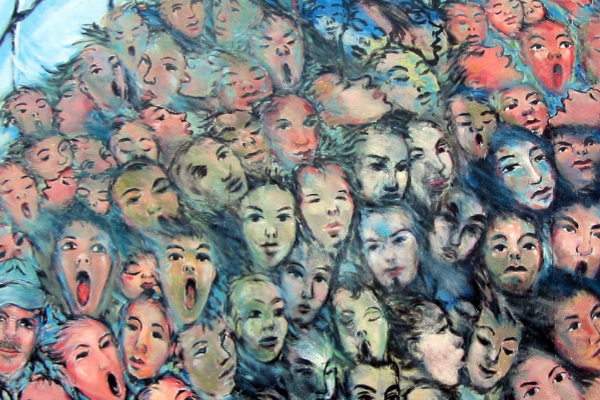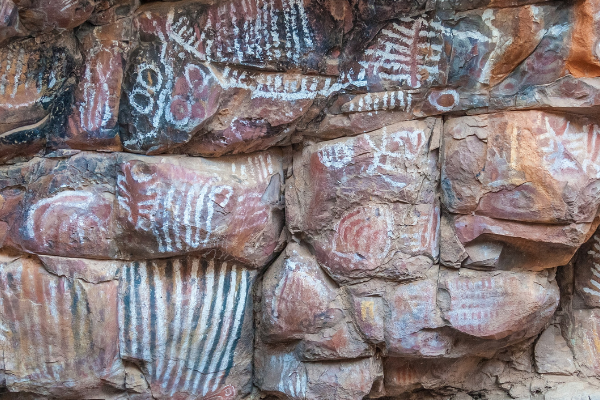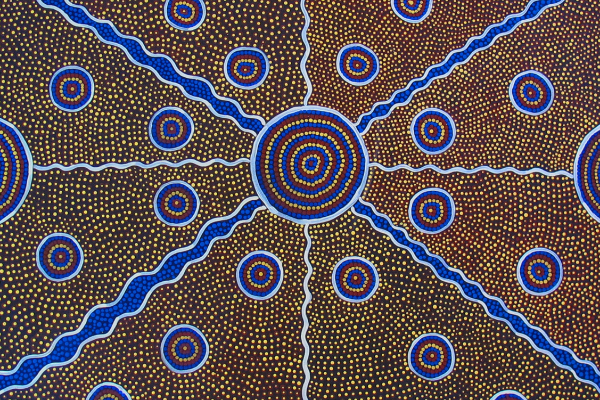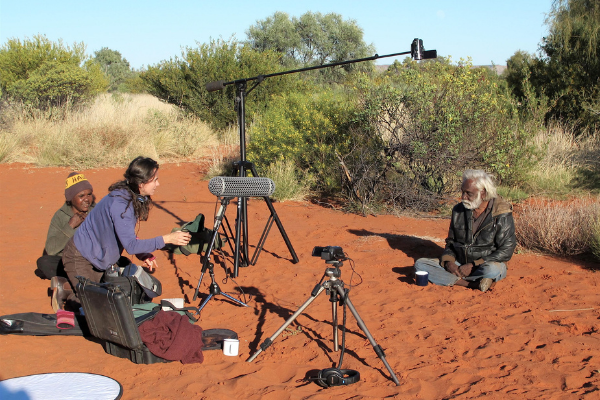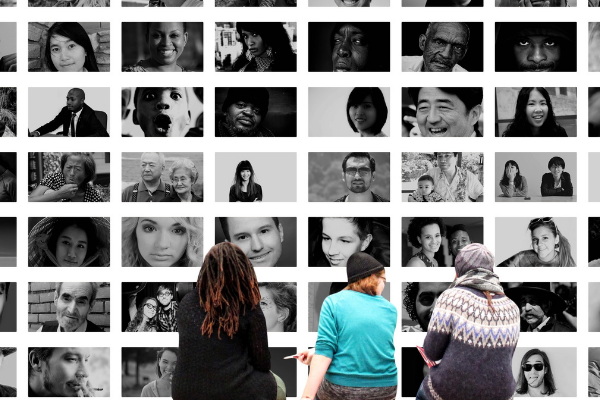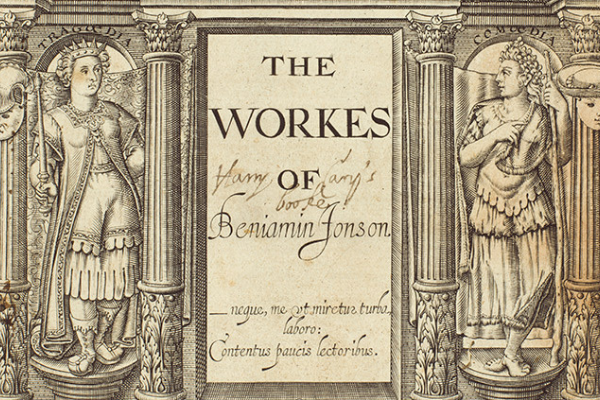Discovering Humanities
This series is a celebration of humanities research and discovery. Born out of our 50th anniversary in 2019, it covers just a small fraction of the many advances within the humanities since the Academy was first founded.
We’ve called it Discovering Humanities because words like ‘discover’ and ‘discovery’, like no other terms, convey the excitement of new findings, new ideas, new views of the world. Discoveries in the humanities take many forms; from those that fundamentally recalibrate our understanding of the world to others that are more a process of accumulation over time leading in the end to a new view of society. Despite their differences, all are full of the excitement of uncovering something new.
This series is not a list of the most important research in the humanities over the last 50 years. Rather, it is an attempt to present a range of discoveries across all the areas of the humanities showing something of the rich contribution the humanities have made to Australia and the wider world. Learn more about the series’ background from the Editor.
East German literature remains overlooked in reunified Germany, with many eastern writers and artists still marginalised. But ongoing contributions from here in Australia may help shift that.
Australia is one of the world’s most multicultural nations in the world. Discover how humanities researchers have played a pivotal role in reshaping understandings of national identity and culture, identifying and addressing some of the nation’s systemic inequalities, and helping Australia reposition itself at a time of rapid change and geopolitical turbulence.
Aboriginal and Torres Strait Islander art is critically acclaimed at home and internationally, but until the middle of last century, it was often displayed in an ethnographic context instead of artistically. Learn how curators, activists, artists and community elevated these important artforms and transformed contemporary Australian art.
Australia has much to learn from Aboriginal land management practices, especially as we enter another season of bushfires, drought and extreme weather events. Archaeological and historical research shows just how extensively Aboriginal cultures used fire and expert agricultural strategies for over 65,000 years, and how we might re-adopt these historically proven approaches.
English speakers often mistook Aboriginal English as “broken” or incorrect English, but research in the 20th century showed that Aboriginal English, Australian Kriol and Torres Strait Islander Yumplatok are all fully-fledged dialects, now recognised in language programs, on the radio, in publishing and policy work.
Evidence shows that language does indeed influence many things, including speakers’ conceptions of physical space and other abstract ideas like time and kinship. Explore the linguistic studies of the past and present that are helping scholars understand language’s diverse impact on human thought.
How can museums in Australia and other settler societies rework their collections and outreach to provide opportunities for Indigenous Australians to remake “connections, meaning and memory between objects, culture and history”?
Subaltern studies remains relevant today as new classes of subaltern people – such as refugees – emerge, but where did this field of study come from and how has it been used in the past?
He supped with the Gunpowder Plot conspirators, was almost hanged after killing a fellow actor in a sword fight, and wrote a satirical play that led to the closure of London’s theatres for months, but you may have never heard of him. Thanks to extensive research and new editions, the striking and bold theatrical works of Ben Jonson, can now retake their place next to Shakespeare’s.
About the series
Stories in this series were chosen from nominations by Fellows of the Academy and recipients of its various awards. They have been commissioned and produced under the overall guidance of Academy Fellow and Editor, Emeritus Professor Graham Tulloch and have been brought to life by the hard work of Walkley Award-winning journalist Kathy Marks, author and researcher Dr Saskia Beudel, and the Academy’s Communication and Awards Coordinator Elizabeth Bradtke.
The development of this series was supported by the Copyright Agency’s Cultural Fund.


